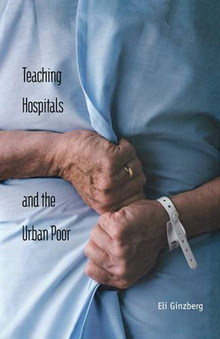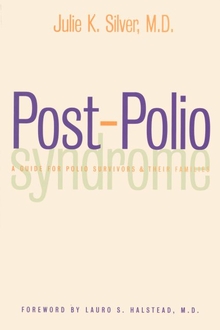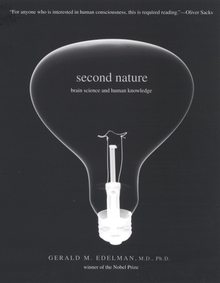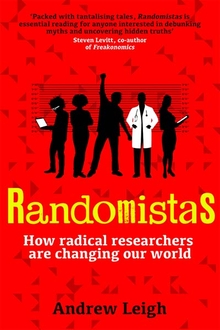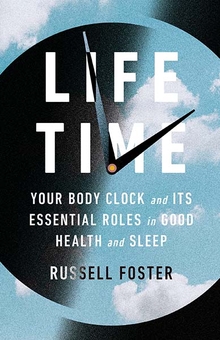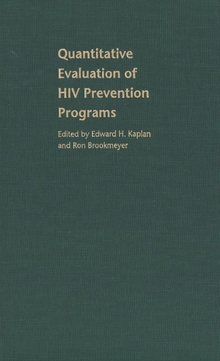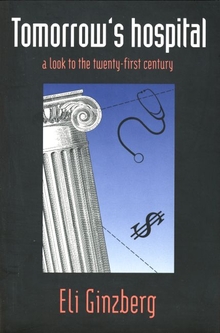Teaching Hospitals and the Urban Poor
WARNING
You are viewing an older version of the Yalebooks website. Please visit out new website with more updated information and a better user experience: https://www.yalebooks.com
Eli Ginzberg; With the assistance of Howard Berliner, Miriam Ostow, Panos Minogiannis and J. Warren Salmon
Academic health centers (AHCs) have played a key role in propelling the United States to world leadership in technological advances in medicine. At the same time, however, many of these urban-based hospitals have largely ignored the medical care of their poor neighbors. Now one of the leading experts in American health policy and economics ponders whether current and proposed changes in the financing and delivery of medical care will result in a realignment between AHCs and the poor.
Basing his discussion on an analysis of the nation’s twenty-five leading research-oriented health centers, Eli Ginzberg and his associates trace the history of AHCs in the twentieth century. He claims that AHCs are once again moving toward treating the poor because these hospitals need to admit more Medicaid patients to fill their empty beds, and their medical students need opportunities to practice in ambulatory sites. He also assesses some of the more important trends that may challenge the AHCs, including financial concerns, changing medical practice environments, and the likelihood of some form of universal health insurance.
Eli Ginzberg is director of The Eisenhower Center for Conservation of Human Resources, Columbia University. He has been a consultant to nine U.S. presidents and chaired the National Commission for Employment Policy for six presidents. He is the author of numerous books as well as articles on health affairs in the New England Journal of Medicine, the Journal of the American Medical Association, and many other journals.
Basing his discussion on an analysis of the nation’s twenty-five leading research-oriented health centers, Eli Ginzberg and his associates trace the history of AHCs in the twentieth century. He claims that AHCs are once again moving toward treating the poor because these hospitals need to admit more Medicaid patients to fill their empty beds, and their medical students need opportunities to practice in ambulatory sites. He also assesses some of the more important trends that may challenge the AHCs, including financial concerns, changing medical practice environments, and the likelihood of some form of universal health insurance.
Eli Ginzberg is director of The Eisenhower Center for Conservation of Human Resources, Columbia University. He has been a consultant to nine U.S. presidents and chaired the National Commission for Employment Policy for six presidents. He is the author of numerous books as well as articles on health affairs in the New England Journal of Medicine, the Journal of the American Medical Association, and many other journals.
ISBN: 9780300209068
Publication Date: June 24, 2014
Publication Date: June 24, 2014
144 pages, 5 1/2 x 8 1/4

